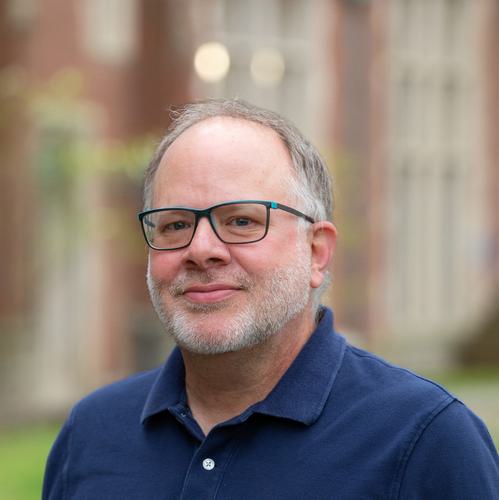
Tom Burke
Ralph Emerson and Alice Freeman Palmer Professor of Political Science
Research focuses on the role of courts, rights, and litigation in politics.
I'm currently working with Jessica Silbey (Professor of Law, Boston University) on the 10th Edition of Reason in Law, a critical analysis of the rhetoric that judges use to justify their decisions and an examination of the relationship between law and politics. I'm the co-editor, with Jeb Barnes (Professor of Political Science, USC), of Varieties of Legal Order (Routledge Press, 2017), in which leading Law and Society scholars examine the politics of litigation and regulation; and co-author with Prof. Barnes of How Policy Shapes Politics (Oxford University Press, 2015), which probes the political consequences of using courts and litigation in public policy.
Recent publications include "The Post-Brown Era in Judicial Policymaking" (The Forum, 2024) and "Untangling the Concept of Adversarial Legalism" (Annual Review of Law and Social Science, 2020).
My first book was Lawyers, Lawsuits and Legal Rights: The Struggle Over Litigation in American Society (University of California Press, 2002). The dissertation on which that book was based won the 1996 Edwin S. Corwin Award from the American Political Science Association for best dissertation in the field of public law as well as the 1996 "Best in the West" award from the Western Political Science Association.
If you want to learn more about my articles and books, my personal website is here.
At Wellesley I teach “Introduction to American Politics,” which uses a comparative and historical approach to help students better understand political events; "Public Policymaking in American Politics," which brings together all the institutions and processes that shape public policy in the U.S.; “Health Politics and Policy,” a course that probes the causes and consequences of the distinctive path of the United States in health policy; and "Legal Research," in which students team up to research and write a paper that tells the story of an important legal struggle. I also help advise the roughly 8-10% of Wellesley students who (at least historically) attend law school.
I try as much as possible to run and bicycle, both on and off-road, and even on ice and snow during miserable New England winters. I love fine wine, with a particular interest in German Riesling and the beautiful Zinfandels produced by Ridge in Northern California, though I’ll drink pretty much anything good if you offer it to me. I am learning to be a photographer; my recent work is here. And I spend plenty of time with Aria, my delightful daughter.
Education
- B.A., University of Minnesota-Twin Cities
- M.A., University of California-Berkeley
- Ph.D., University of California-Berkeley